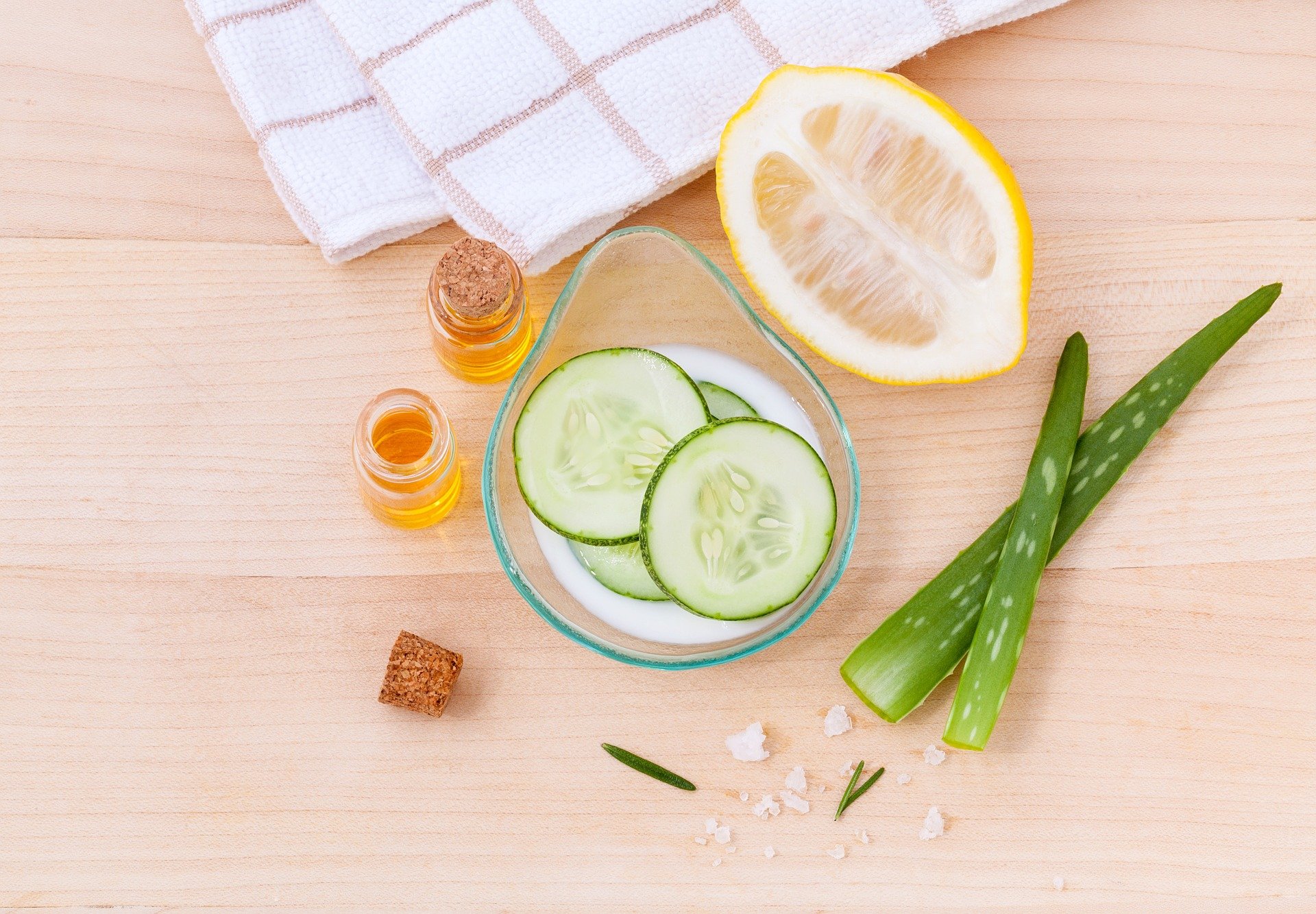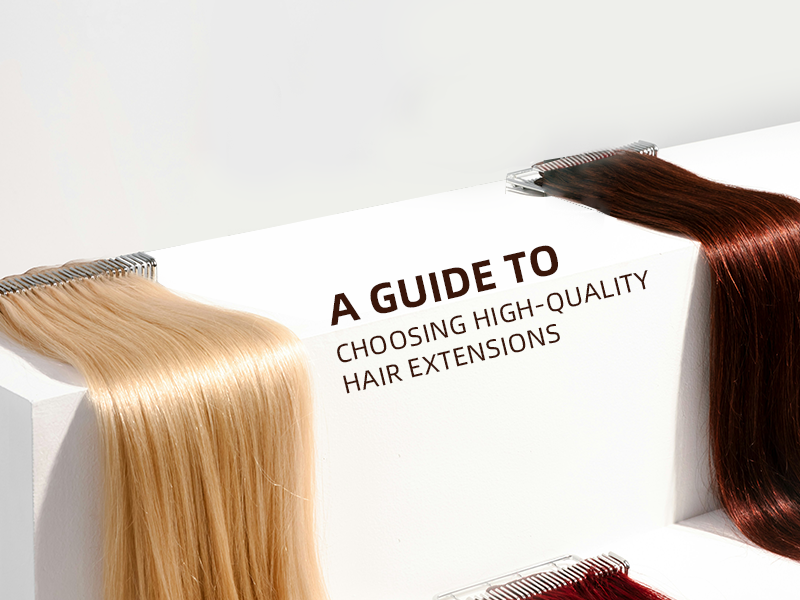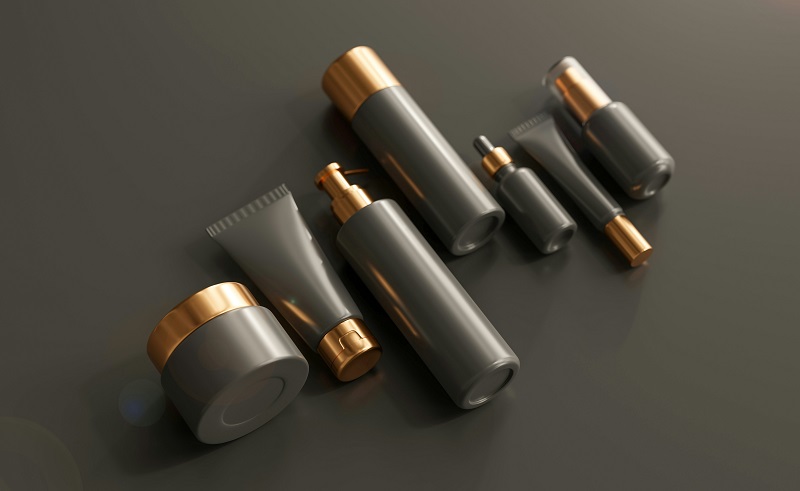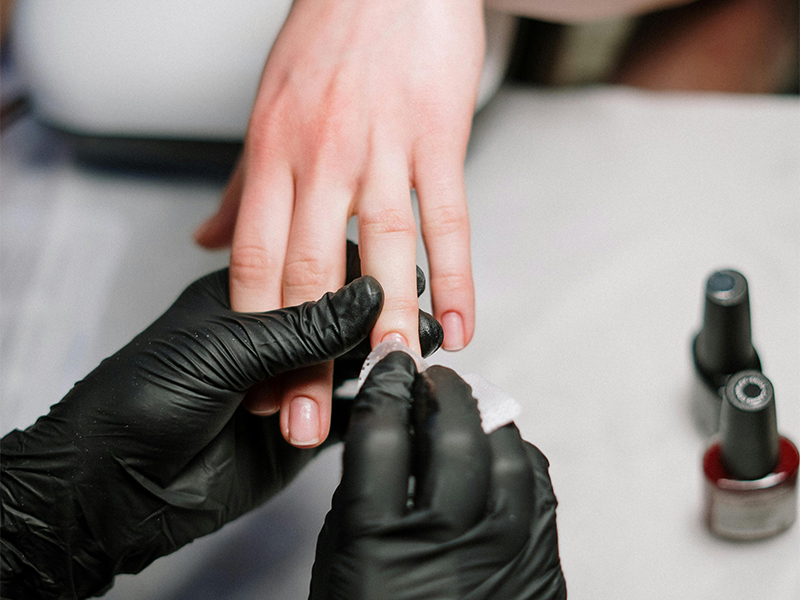No longer are consumers concerned about beauty for the sake of it: Today, it’s beauty for the sake of their individual selves.
In light of the coronavirus (COVID-19) pandemic, people are at home more, which means they may be spending more time on their beauty routines.
Not only are they playing with tonics and DIY masks, but they’re also relishing in their bodies, learning their own skins and coming out with a better understanding of what works for them.
Through this intimate reconnection with their bodies and skin, hopefully, they’re coming to understand how much they can process and think more about their individual, unique needs.
While the pandemic has forced consumers to rethink their health within and without, the beauty industry is also experiencing major shifts.
The self-care segment, which includes skin care and body care categories among others, experienced a substantial market share increase in the midst of the pandemic.
Consequently, the focus is now more on clean beauty, which involves ingredient transparency, mindful minimalism and new self-care among other trends – and there’s much more to come as we’ll see in this article.
Trends That Are Shaping the Beauty Industry in 2021
From DIY beauty and pampering to “maskne” prevention, ingredient transparency and virtual try-on, here are the biggest trends in the beauty industry right now.
1. DIY Beauty and Pampering
For the better part of 2020, most salons and spas were closed to the public. This led to the rise of at-home pampering and consequently DIY pampering products. Consumers are now using DIY facial kits, nail kits, boxed hair dye and body waxing among other products as they do their regular pampering at home.
While many salons reopened with COVID-19 protocols in place, the DIY beauty and pampering trend continues as consumers still prefer to do their beauty routines from home rather than go out for non-essentials.
2. Natural-Based Beauty Products
As consumers become more conscious about what they put in their bodies, there’s an even bigger demand for natural, clean or green beauty products. This stems from the awareness about what consumers put on their bodies, and the fact that many beauty products on the shelves are pumped with fillers and undesirable chemical ingredients.
Not only are such chemicals and ingredients harmful and undesirable to the consumer, but they’re also not friendly to the environment.
Consumers today are taking a closer look at the products they use or plan to buy. This scrutiny involves picking out beauty products that are health conscious and environmentally friendly regardless of the price tag.
Some people tend to go for plant-based options that come in sustainable packaging, or products labeled as clean, natural, eco-friendly or green as they desire truly natural products.
3. Maskne and Mask-friendly Makeup
Among the main COVID-19 protocols is mask wearing. As protective as it may be, it also comes with its share of issues both to users’ health and their skin. Wearing masks for long periods of time is known to cause breakouts or what is now termed as “maskne” (mask acne).
For as long as the pandemic remains an issue, masks will likely be around for some time. For this reason, some beauty brands have designed masks made from breathable and antibacterial materials that help prevent maskne.
However, skin and beauty experts are also urging consumers struggling with maskne to use mild cleansers and gentle exfoliants often besides wearing special masks.
Not only that, but mask-friendly beauty products are also trending, which help consumers look good in their masks without worrying that they’ll smear and smudge their makeup.
Transfer-free beauty products are also available that help consumers keep their masks clean compared to the regular lipsticks and glosses that mess up their makeup and masks.
4. Scalp Care
Skincare for the scalp is likely to go mainstream as consumers start giving their scalps the same level of attention and care they give to their skin. Advancements in LED hair masks and products made specifically for the scalp like serums and scrubs are critical in making this a reality.
However, there’s more to it than just technology as self-care and wellness are a growing part of people’s daily routines.
The next frontier is likely to see an increase in more holistic approaches around hair care such as aromatherapy, owing to how fast essential oils hit the bloodstream when applied to the skin.
Other trends like scalp detoxes and hair tea infusions (formulas steeped with natural tea ingredients) and other traditional ingredients associated with other forms of wellbeing are also on the rise.
The idea here is to minimize dryness, stimulate healthy hair growth and improve general scalp health.
5. Mindful Minimalism
Skinimalism, a term coined by Pinterest, is one of the growing beauty trends together with a move to products that can soothe and rehydrate sensitive, stressed skin.
Consumers are shifting from the previous overzealous exfoliating of their skin to a less-is-more approach to skincare. This philosophy takes a mindful approach to skincare and goes hand-in-hand with sustainability and better protection of the environment.
This type of minimalism related to skincare entails a simplified routine that embraces the skin's natural texture and finding suitable but easy beauty products for a good glow. In fact, this trend builds off the slow beauty movement that has been happening since the COVID-19 pandemic began.
It’s expected that there’ll be a spike in skincare beauty products that tout things like fermented and probiotic ingredients, which help restore and the skin’s microbiome health.
6. Sustainability and Eco-consciousness
For a long time, beauty brands have employed single-use plastic packages for their products. However, this proved harmful to the environment and led to a shift from plastic packaging towards using packaging made from recyclable, eco-friendly materials. Skincare companies also have to answer for their footprint so we expect brands to continue finding innovative ways of making themselves more eco-conscious over time.
Wrapping Up
New demographics, technologies, products and consumer behavioral insights are impacting the corporate and startup sides of the beauty industry.
While the future isn’t easy to predict, some of the beauty industry trends we’ve mentioned may take longer than others. Either way, we look forward to a brighter future with more clean beauty brands and products that will make consumers’ lives easier.








